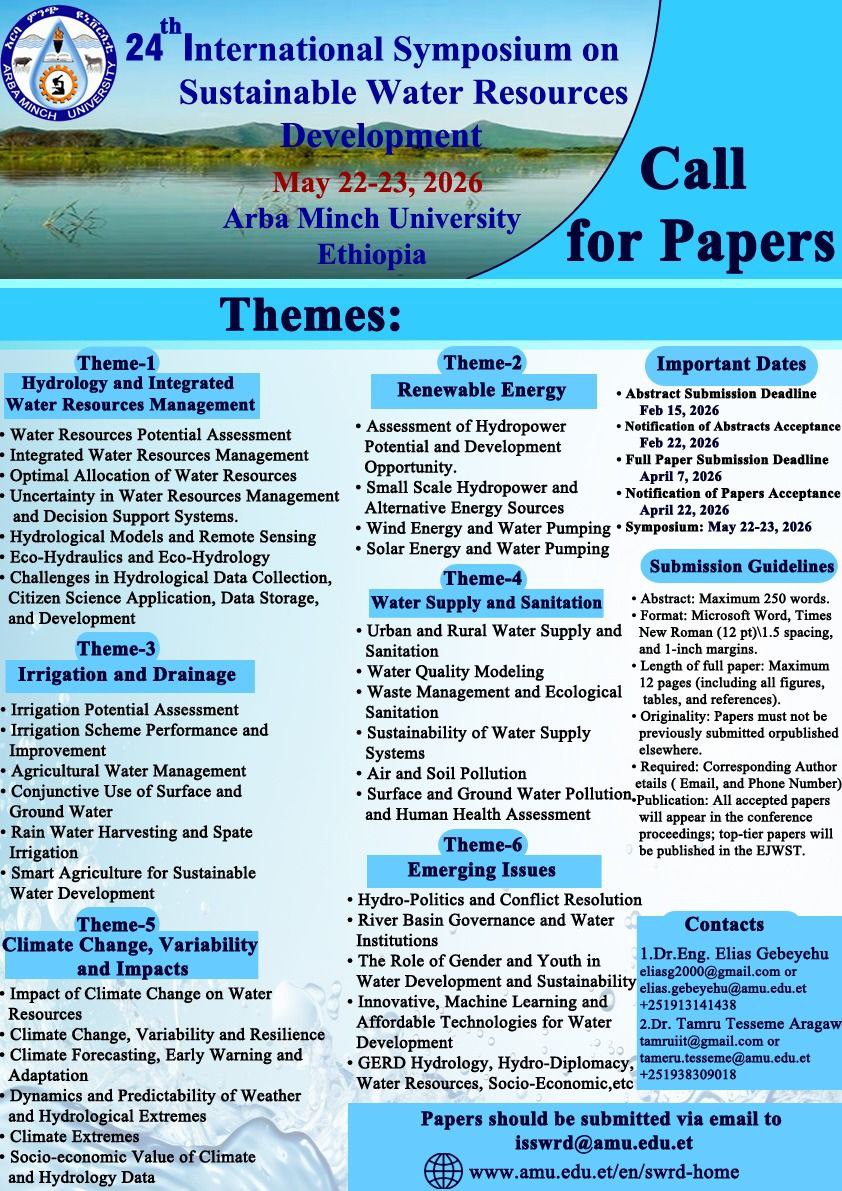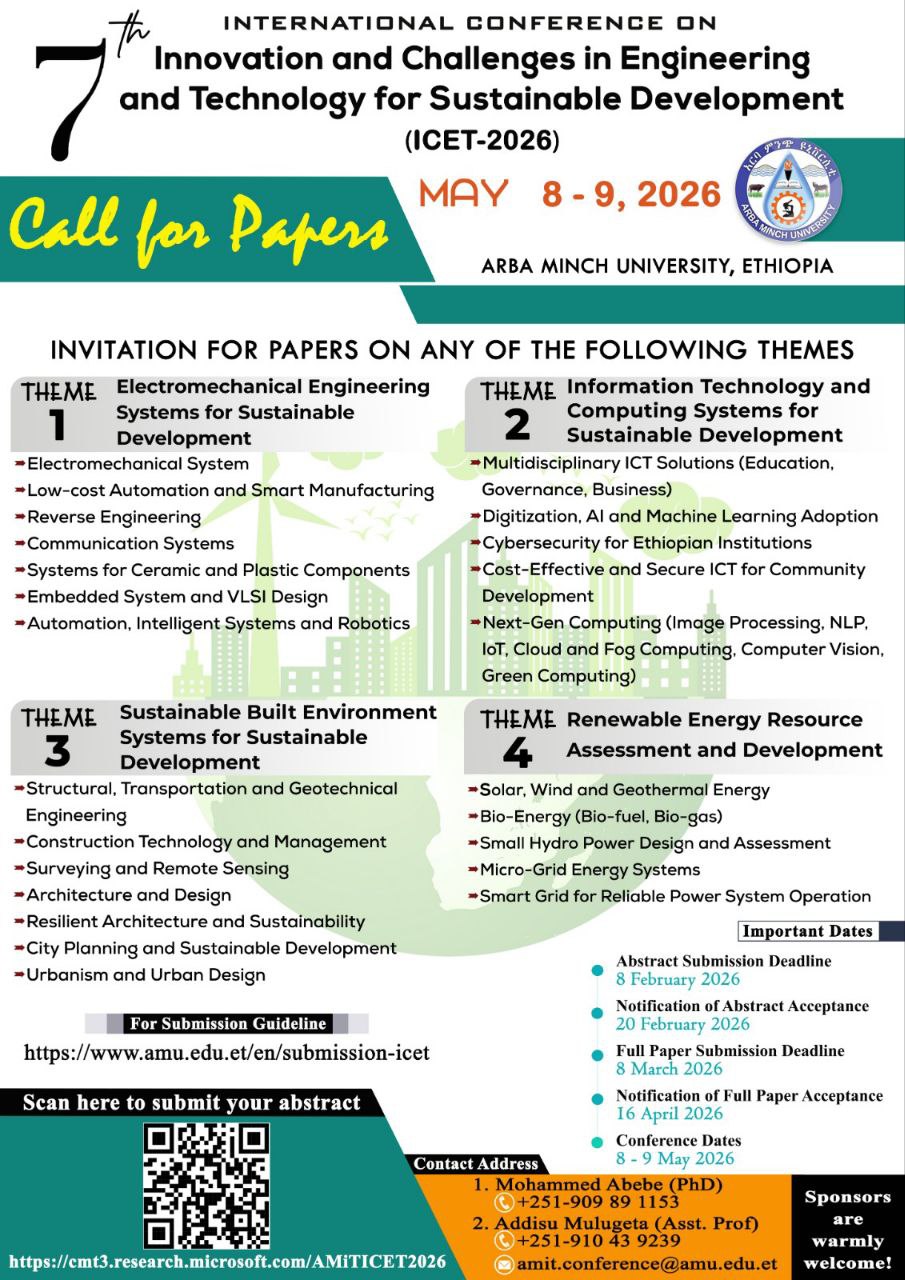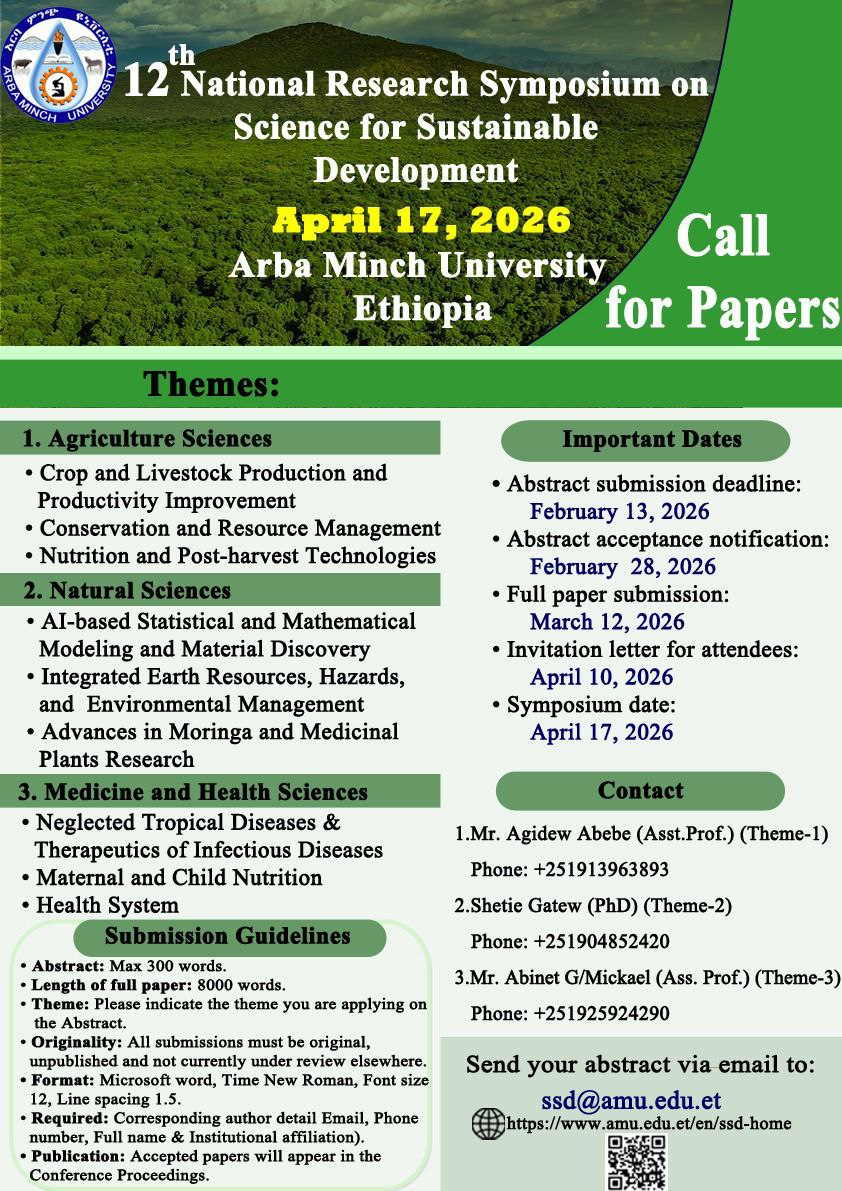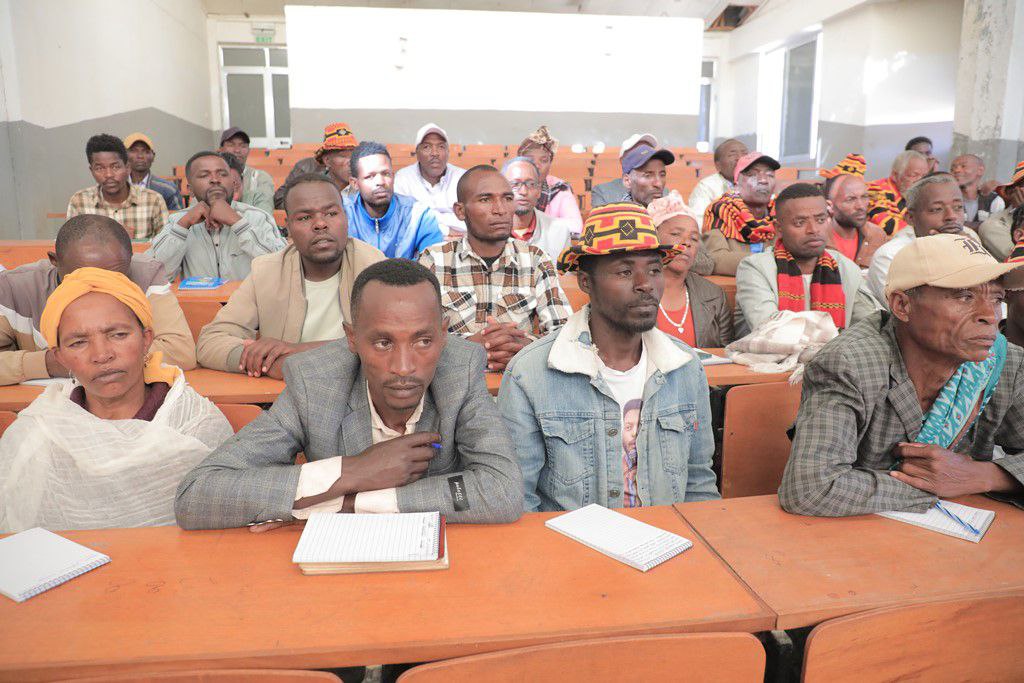As part of its second-phase Research Outreach Program, Arba Minch University’s Institutional University Cooperation (AMU-IUC) project conducted a Training of Trainers (ToT) program aimed at enhancing enset production, dairy feed security, and commercialization. The training, held on January 1–2, 2025, brought together agricultural experts and model farmers from seven districts: Boreda, Chencha, Gacho Baba, Gerese, Kamba, Bonke, and Kogota.Click here to see more photos
AMU-IUC Project Manager Dr. Fasil Eshetu highlighted the project’s collaboration with five Belgian universities, enabling researchers who have completed their doctoral studies to apply scientific findings into practical solutions for society. He emphasized that these findings should be applied to address existing challenges and improve farmers' livelihoods. Additionally, he noted that the long-neglected indigenous knowledge of farmers will be integrated with scientific research to drive meaningful change.
Professor Yishak Kechero, leader of Sub-Project V on agricultural productivity at AMU’s College of Agricultural Sciences, discussed the challenges faced by Ethiopia’s 20 million Enset-producing farmers, including low yields caused by diseases, limited research, and inadequate extension services.He underscored AMU’s contributions through innovative research and technology transfer to address these gaps.
In terms of dairy resource development, Prof. Yishak shared strategies to balance milk demand and supply by promoting scientifically validated methods. Participants gained practical skills in preparing hay, silage, and nutritious fodder while also exploring enset-based food products, such as cakes and cookies.
Dr. Ashenafi Azage addressed the national animal feed shortage, emphasizing its negative impact on livestock productivity. He introduced silage preparation techniques using green corn stalks and other plants to maintain essential protein levels for livestock digestion and performance. He explained that this approach contributes to animal health, milk quality, child development, and economic benefits for women.
Dr. Sabura Shara provided valuable insights into identifying and controlling bacterial wilt in enset. He shared strategies for cultivating disease-free seedlings and scaling up enset production for commercial purposes. Dr. Sabura also led an in-depth discussion on recognizing the symptoms of bacterial wilt, understanding its nature, and identifying transmission pathways.
Dr. Gezahgn Garo, a researcher and lecturer at the department of Horticulture, emphasized the importance of using disease-free enset seedlings to prevent contamination. He identified sourcing seedlings from infected farms as a primary cause of disease transmission. Additionally, Dr. Gezahgn stressed proper manure management, noting that outdoor storage leads to nutrient loss through evaporation. He recommended pit storage covered with plastic to preserve nutrients and improve crop yields.
Farmers who participated in the training shared their experiences and expressed their appreciation for the practical demonstrations. They reported gaining valuable knowledge on disease prevention, fodder preparation, and enset commercialization, which they plan to implement to tackle long-standing agricultural challenges.
This initiative reflects AMU-IUC’s commitment to transforming research into practical solutions, promoting sustainable agricultural development, and improving the livelihoods of farming communities.
Arba Minch University
The Center of Bright Future!
For more Information Follow us on:-
Website - https://www.amu.edu.et/
Telegram - https://t.me/arbaminch_university
Facebook - https://www.facebook.com/ArbaMinchUniversityccd/
YouTube - https://www.youtube.com/channel/UCOO_nclhMo8M3r74OyPBlVA
Public and International Relations Executive





